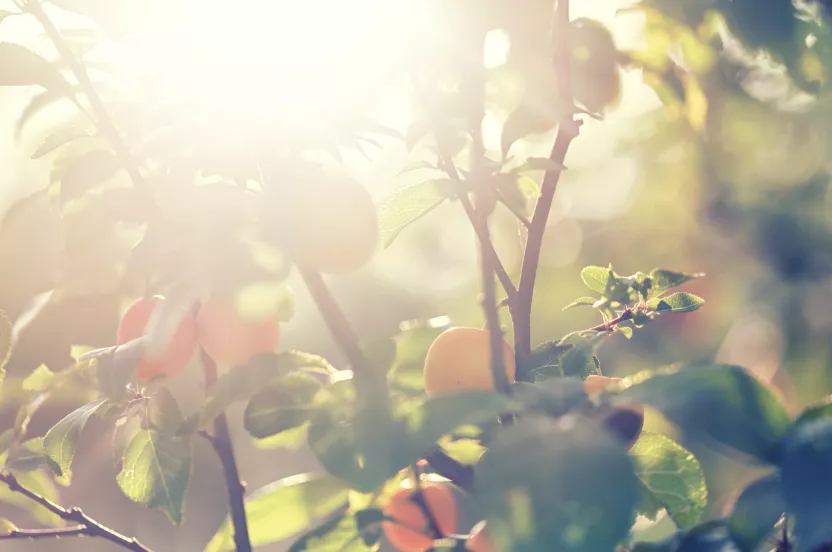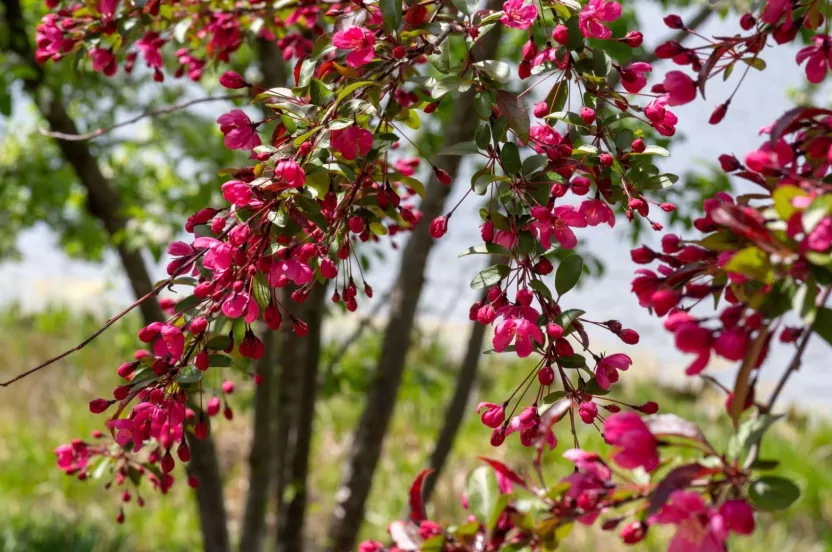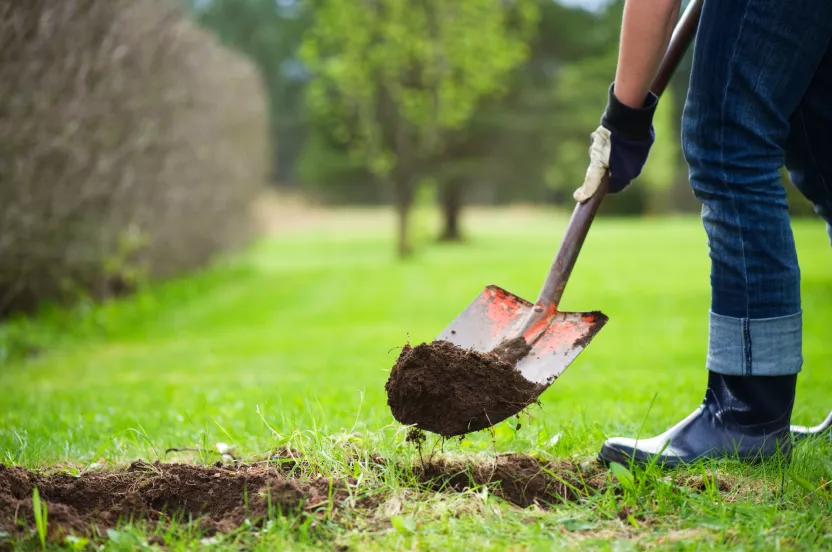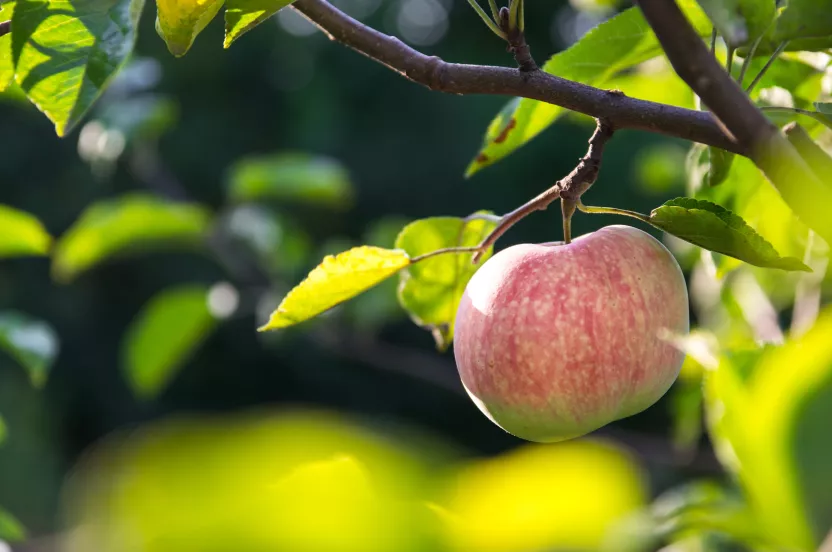The Arbor Day Foundation is pledging 10 million trees to areas impacted by hurricanes Helene, Milton Help us replant
The Arbor Day Foundation approached me about designing several plant combinations that their members and fans could use for plantings of aesthetic interest and which provide function in the landscape. During the next few months, I will be sharing information behind these plant combinations and how they can be used as “do it yourself landscape designs.” All of the plant combinations are available online now.
Hedgerow Bird Shelter aka the Bird Magnet When designing the Hedgerow Bird Shelter plant combination two basic goals were desired. 1) To design a planting which would be attractive to birds by way of food and shelter, and 2) provide visual interest for all seasons.
The resulting plant combination accomplishes these goals and will be a great addition to any bird lover’s property. The Hedgerow Bird Shelter offers birds refuge and food and will be a beautiful aesthetic addition to any property.
Included Species: 1 - Washington Hawthorne 3 - American Cranberrybush Viburnum 3 - Arrowwood Viburnum 3 - Winterberry Holly Hardiness Zone: 4-7 Sun Exposure: Full sun Space needed: 45’x25’
Layout: The Hedgerow Bird Shelter begins with the installation of the Washington Hawthorne. Once the Washington Hawthorne is installed the locations for the Winterberry Hollies, American Cranberrybush Viburnums and the Arrowwood Viburnums can be easily determined with a few simple measurements.
Design Principal: The Washington Hawthorne has white flowers in early June that will start the color show. Reddish-purple leaves turn dark green, then orange, scarlet or purple. Small, glossy red fruits stay on the tree into winter, and are preferred by songbirds.
The American Cranberrybush Viburnum has excellent fall foliage color which may be yellow, red, orange or burgundy and is just one of the many attributes of this large and attractive native shrub. Showy, snow-white, flat-topped flowers appear in mid to late May. Beginning in September, bright red fruits serve as food for birds and wildlife.
Arrowwood Viburnum is a multi-stemmed, rounded shrub with creamy white late spring or early summer flowers. Leaves are lustrous, dark green in summer changing to yellow to glossy red and reddish- purple in the fall. Flowers are followed by blue-black berries that ripen in early fall. This shrub provides food, cover, and nesting sites for birds, and larval food for butterflies and moths.
The Winterberry Holly, has abundant clusters of long lasting, bright red fruits and lustrous, thick, dark green leaves. The leaves fall off the shrub in autumn making the berry display all the more visible in the winter landscape.
For additional information about Joel and Kersey/Wike Associates, visit www.kerseywike.com











